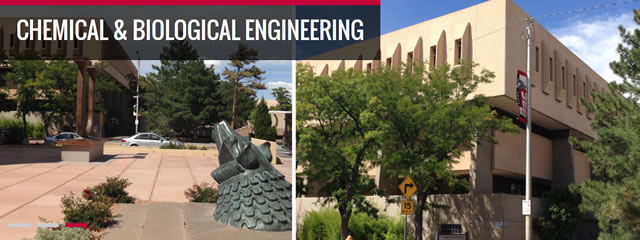
Chemical and Biological Engineering ETDs
Publication Date
Fall 11-25-2016
Abstract
Space vehicles today are primarily powered by multi-junction photovoltaic cells due to their high efficiency and high radiation hardness in the space environment. While multi-junction solar cells provide high efficiency, microcracks develop in the crystalline semiconductor due to a variety of reasons, including: growth defects, film stress due to lattice constant mismatch, and external mechanical stresses introduced during shipping, installation, and operation. These microcracks have the tendency to propagate through the different layers of the semiconductor reaching the metal gridlines of the cell, resulting in electrically isolated areas from the busbar region, ultimately lowering the power output of the cell and potentially reducing the lifetime of the space mission. Pre-launch inspection are often expensive and difficult to perform, in which individual cells and entire modules must be replaced. In many cases, such microcracks are difficult to examine even with a thorough inspection. While repairs are possible pre-launch of the space vehicle, and even to some extent in low-to-earth missions, they are virtually impossible for deep space missions, therefore, efforts to mitigate the effects of these microcracks have substantial impact on the cell performance and overall success of the space mission. In this effort, we have investigated the use of multi-walled carbon nanotubes as mechanical reinforcement to the metal gridlines capable of bridging gaps generated in the underlying semiconductor while providing a redundant electrical conduction pathway. The carbon nanotubes are embedded in a silver matrix to create a metal matrix composite, which are later integrated onto commercial triple-junction solar cells.
Keywords
Carbon Nanotubes, Composites, Metalization, Photovoltaic Cells, Reliability, Durability
Sponsors
Air Force Research Laboratory
Document Type
Dissertation
Language
English
Degree Name
Chemical Engineering
Level of Degree
Doctoral
Department Name
Chemical and Biological Engineering
First Committee Member (Chair)
Sang M. Han
Second Committee Member
Ganesh Balakrishnan
Third Committee Member
Sang Eon Han
Fourth Committee Member
David M. Wilt
Recommended Citation
Abudayyeh, Omar K.. "DEVELOPMENT OF METAL MATRIX COMPOSITE GRIDLINES FOR SPACE PHOTOVOLTAICS." (2016). https://digitalrepository.unm.edu/cbe_etds/58
